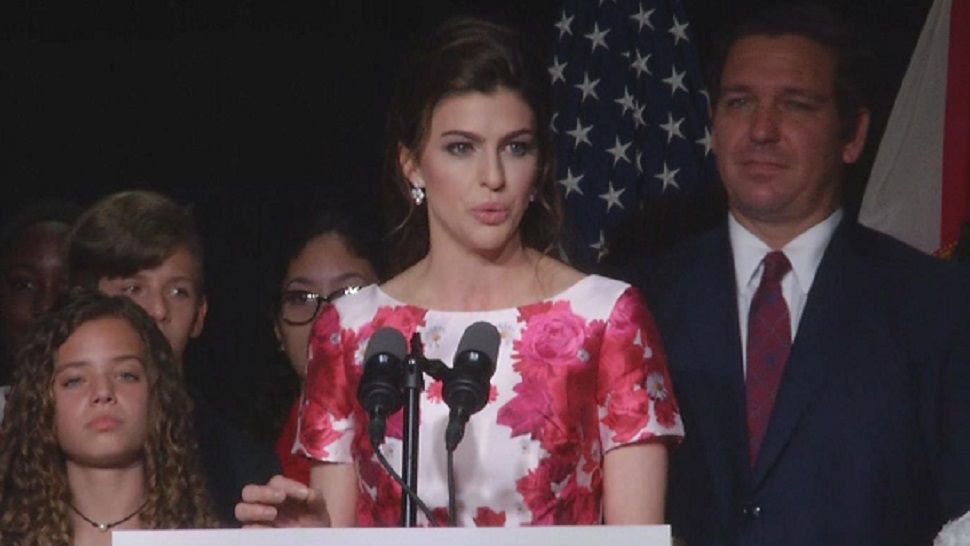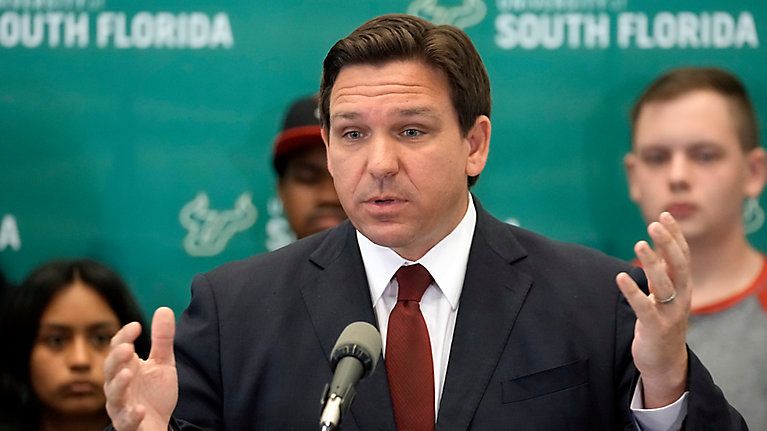TALLAHASSEE, Fla. — The Florida Supreme Court may soon determine the fate of two high-profile issues voters are poised to decide upon in 2024: adult use marijuana and protections for abortion.
The High Court is required to publish opinions on ballot initiatives not later than April 1, per the state constitution. However, they typically publish opinions once a week and, on a Thursday, making March 28 the final Thursday before the deadline.
Amendment 3, if court and voter approved, would allow adults 21 and older to possess, purchase and use recreational marijuana and marijuana accessories without legal penalty. Voters in 2016 approved medical marijuana in Florida.
“Our proposed amendment respects both personal liberty and community well-being,” wrote Smart and Safe Florida, who are sponsoring the amendment.
Amendment 4, if court and voter approved, would protect abortion access up to viability — roughly 24 weeks. Florida bans abortion beyond 15 weeks of pregnancy under current law. The state also approved a six-week abortion ban, although that limitation is pending a separate legal review by the Florida Supreme Court.
The amendment, sponsored by Floridians Protecting Freedom (FPF), carries the potential to undo the 15-week and six-week ban.
“FPF recognizes that all Floridians deserve the freedom to make personal medical decisions, free of government intrusion,” says the organization in their bio.
The two amendments came into question after Attorney General Ashley Moody petitioned the court against the initiatives. She’s asking the court to strike down the measures, claiming they are vague and misleading, among other claims.
“The ballot summary here is part of a ... design to lay ticking time bombs that will enable abortion proponents later to argue that the amendment has a much broader meaning than voters would ever have thought,” Moody wrote in a 50-page brief against the abortion initiative.
Ballot amendments require 891,523 verified signatures to make the ballot. To become law, they require at least 60% voter approval.










